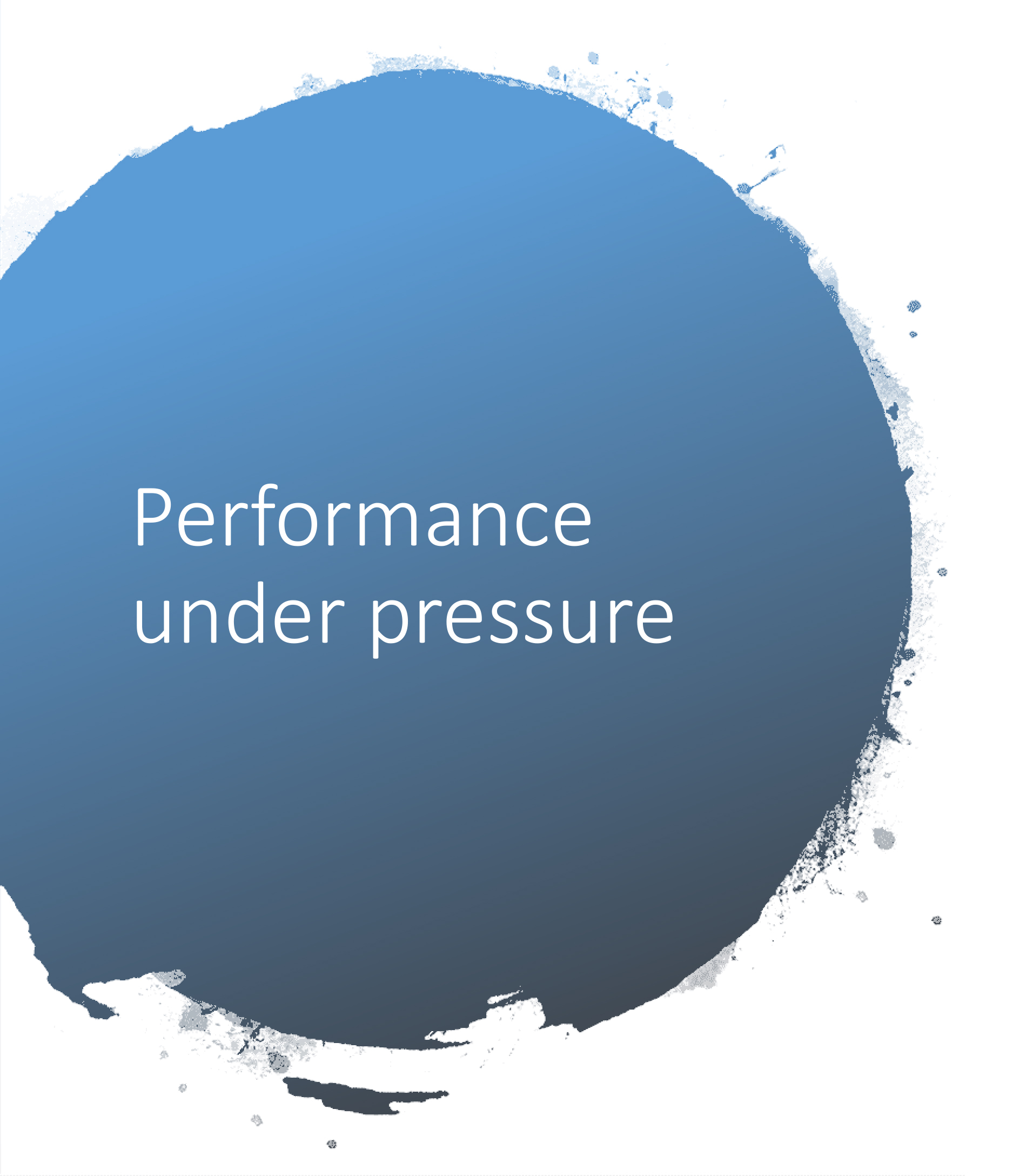"As humans, we are very good at reading cues; we are incredibly attentive to interpersonal phenomena... we have a place in our brain that's always worried what people think of us, especially higher ups. As far as the brain is concerned, if our social system rejects us, we could die. Given our sense of danger is so natural and automatic, organisations have to do some pretty special things to overcome that natural trigger."
Amy Edmondson - Harvard Professor who studies psychological safety

NEUROSCIENCE:
UNDERSTANDING THE BASICS BEHIND FEAR
Our brain developed in three separate stages.

THE CROC BRAIN
___________________
When it comes to building a high performing team, it all starts with getting past that CROC BRAIN.
The old brain, or crocodile brain the “croc brain” for short – was the first to develop in human evolution.
It is responsible for the initial filtering of all incoming messages.
It generates most survival fight-or-flight responses.
It produces strong, basic emotions.
When it comes to decision making, the croc brain’s reasoning power is... well, primitive.
It doesn’t have a lot of capacity, and most of what it does have is devoted primarily to the things it takes to keep us alive.
Examples of what leadership might see, think and feel:
Examples of what the individuals might see, think and feel:
|| BREAKOUT SPACE
The Engaged CROC Brain
What does an engaged CROC Brain look like in your team?
>> DISCUSSION >> REFLECTION
As a leadership group, our job is to disengage that CROC Brain

Get Excited
Downplay
Focus

“The things that are really worth chasing involve pressure and that’s what makes them rewarding” Richie McCaw
The key message from the literature on ‘performance under pressure’ identify mindset change – simple - but powerful it focuses on perspective shift
Meaning is what helps us see beyond the presenting situation and face the pressure head on
2018 Growth Development. All Rights Reserved | Design by Annex Group